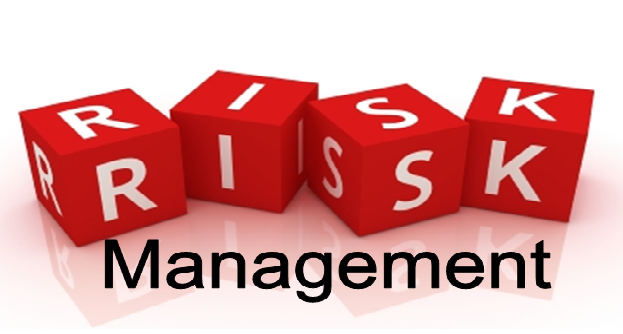Importance of risk management in an organization

importance of risk management in an organization
Unpacking the Essence of Risk Management
According to a study by the perceptive minds at PPB consultants, risk is the element of uncertainty that can determine the fate of an organization. It takes the form of a nuanced dance between the company's internal workings and external factors that are out of the direct purview of the administration. The range of dangers necessitates a sophisticated strategy, from external issues like political unrest and volatile exchange rates to internal conundrums like noncompliance and data breaches.The Significance of Risk Management
The crucial function of risk management, which places special emphasis on the careful balancing of long-term goals and prospective hazards, is at the core of this revolutionary period. As a result of realizing how serious this situation is, organizations have established specialized risk management teams. These groups, like experienced navigators, are responsible for the skillful detection, calculated risk reduction, and smooth execution of plans to offset possible threats.Navigating the Risk Management Seas
Sophisticated risk management approaches become essential in the wide ocean of dangers that larger organizations must navigate. The stewards of company fate, a committed risk management team, carefully assesses and ranks risks according to their possible consequences. The ultimate goal is to make sure the organization sails forward, taking calculated risks to move it closer to important goals while expertly avoiding dangerous reefs.Preserving Resources, Securing Tomorrow
Developing a strong risk management plan is a strategic art form as much as a financial undertaking. Adopting a proactive approach enables firms to identify possible threats ahead of time and create protocols to prevent risks, lessen their effects, and assess possible consequences. In addition to saving money, this proactive way of thinking fosters:- Workplace Safety: Forging a secure haven for both employees and consumers.
- Operational Stability: Nurturing stability in business operations while curtailing legal liabilities.
- Environmental Guardianship: Shielding both the organization and the environment from potential harm.
- Asset and Personnel Security: Safeguarding the well-being of all individuals and assets in the organizational embrace.


